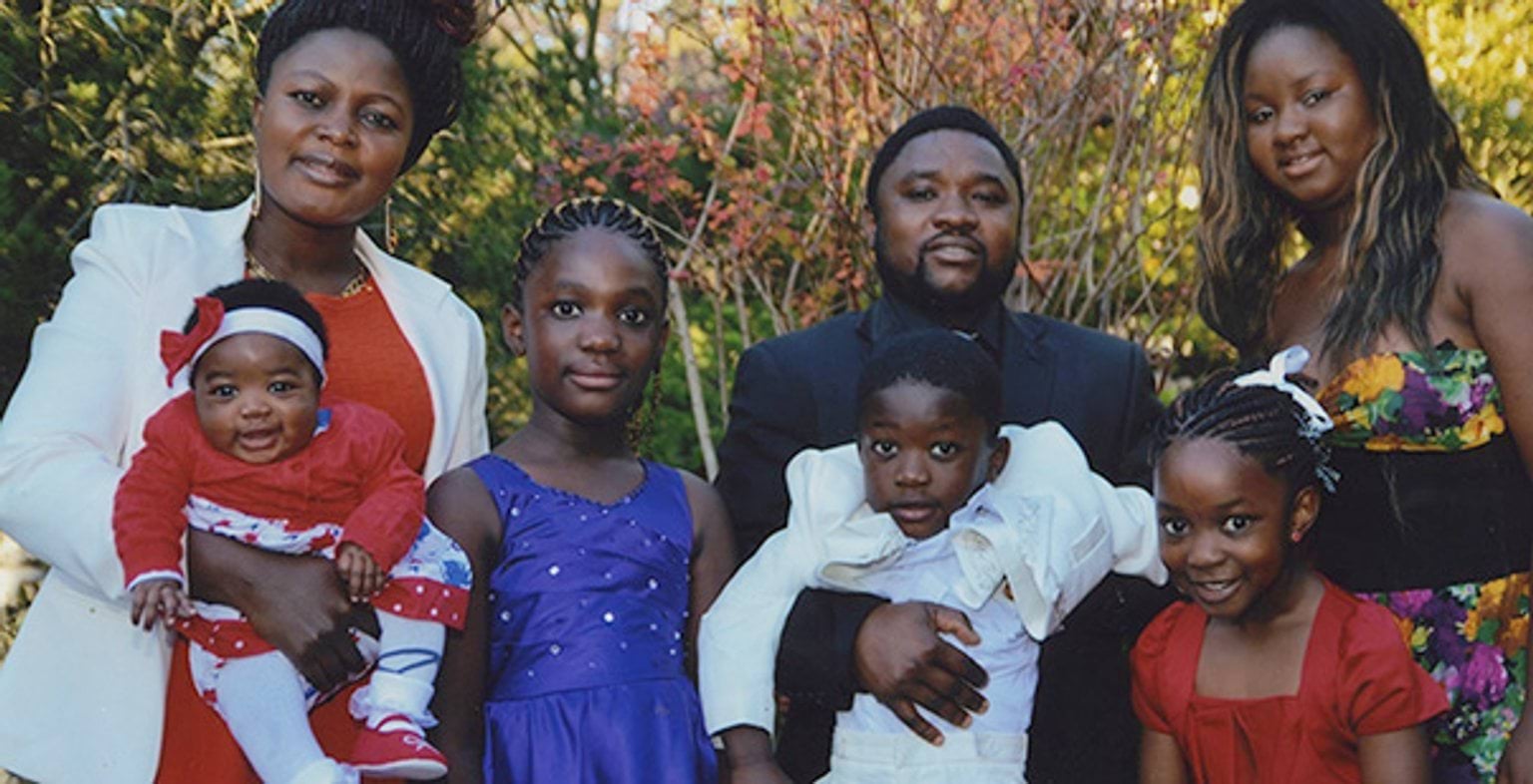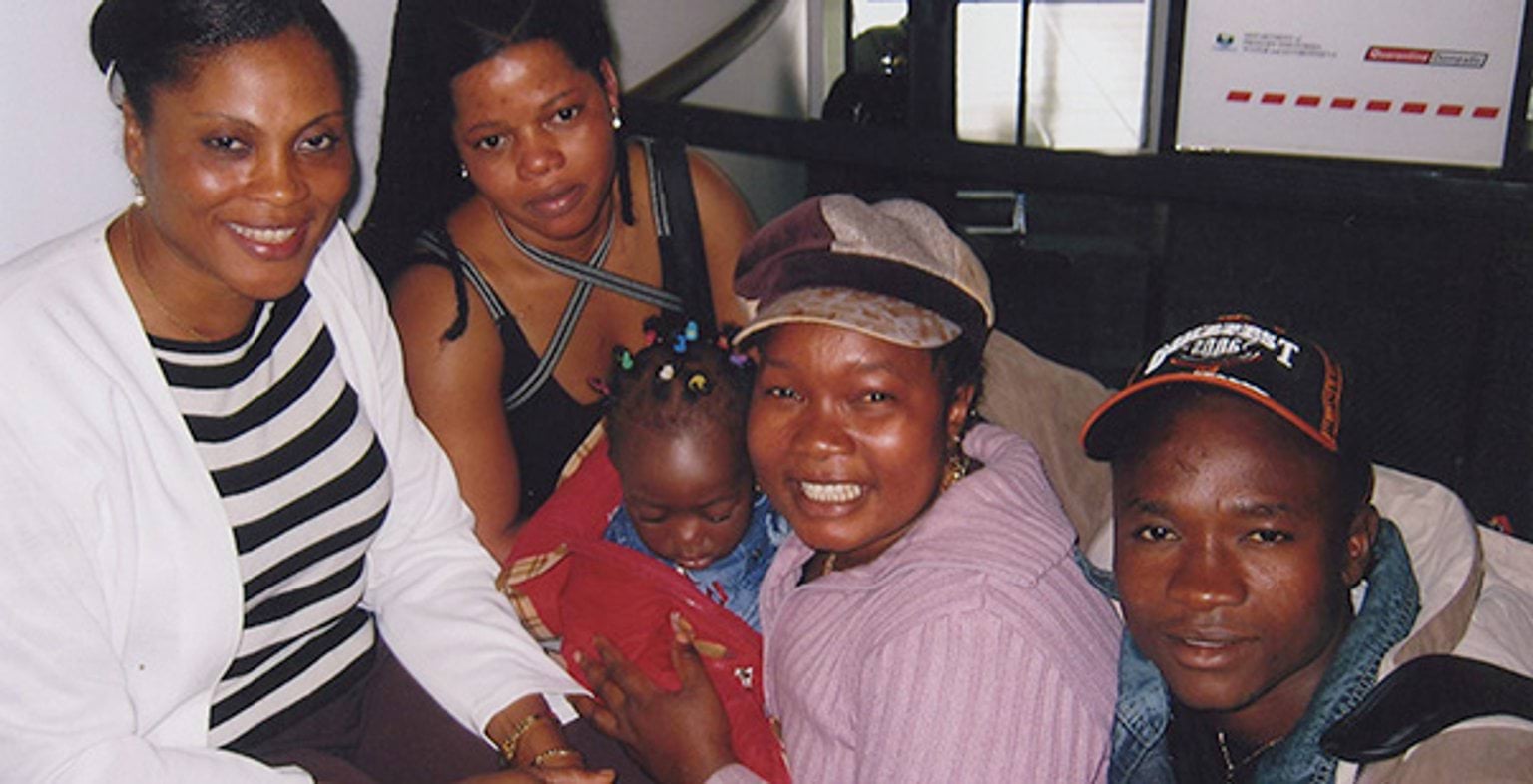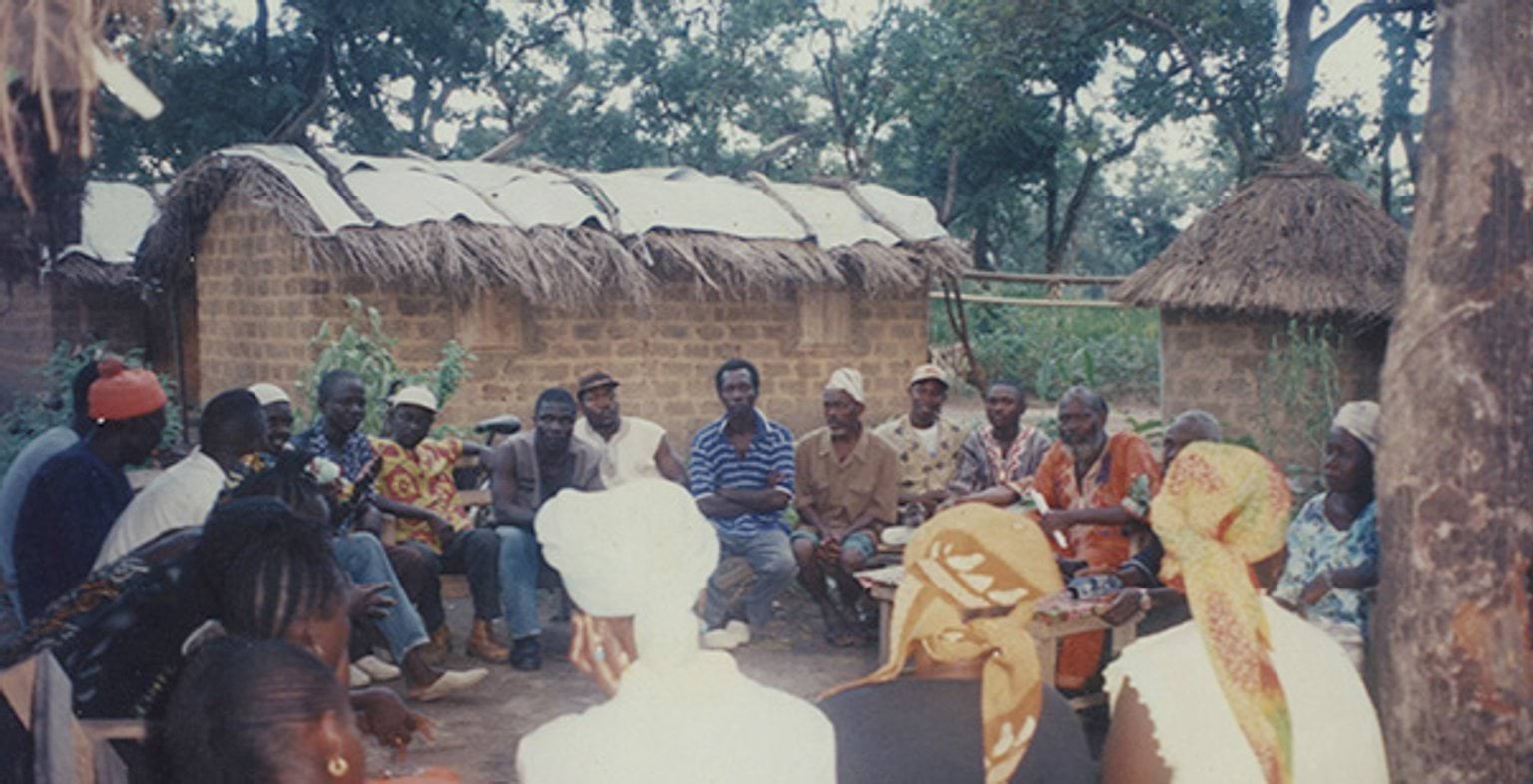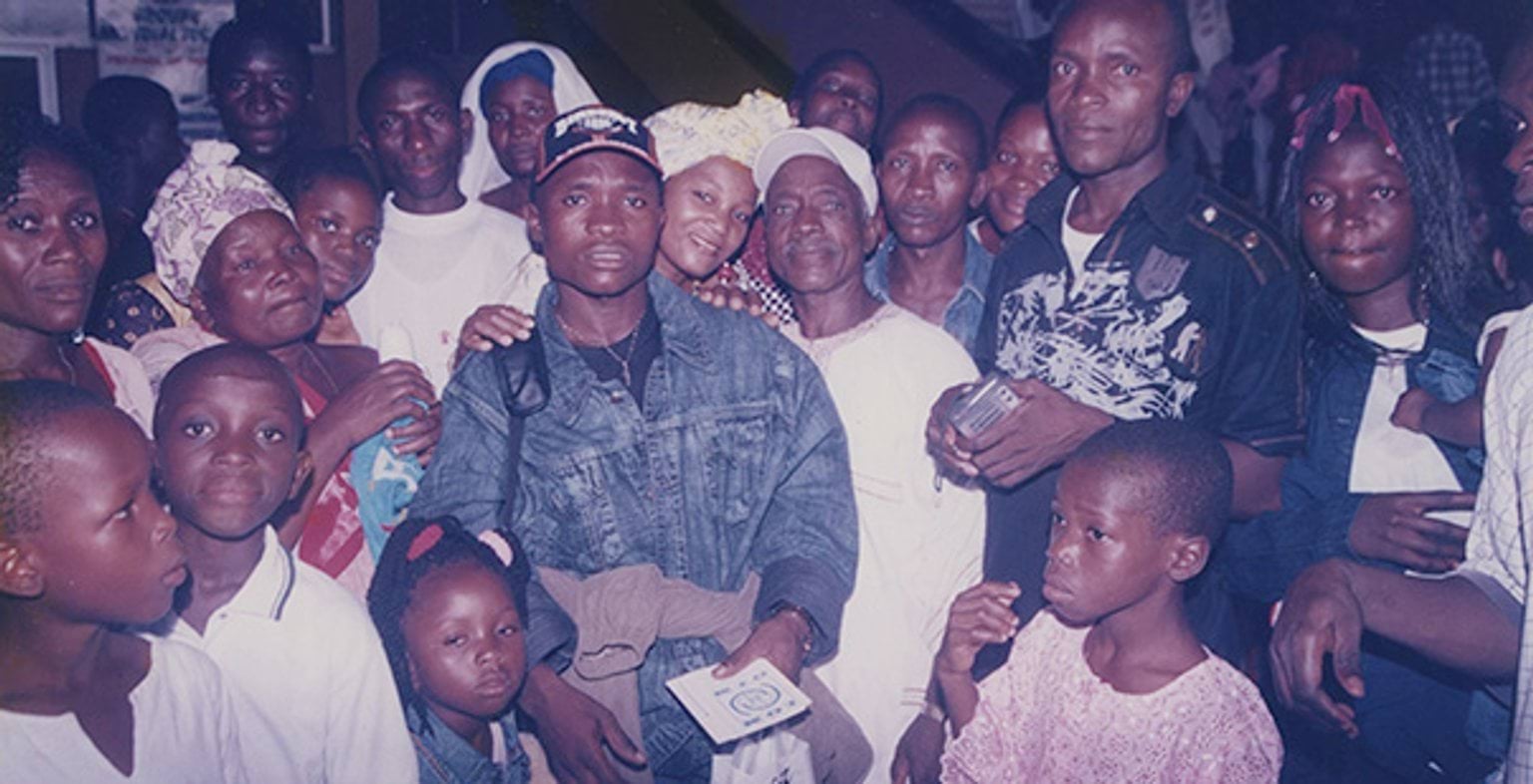Isaiah was caught up in civil war when conflict in Liberia spilled over into Sierra Leone in 1991. He describes his escape from his hometown, trying to catch up with his parents in Guinea:
...you run, you don't even know where you're running to ... you're running for your life. We drank water that was infected with bacteria, all sorts of things, on the way, because there is no clean water, there is no food, there is no transportation...you are... running.
A refugee has no choices and can make no plans:
You have nowhere to cultivate food. Somebody has to give you food to eat.... The only thing you have is your bag. And, that’s what a refugee is... If anything happened [right now], what will we do? If I touch this glass of water – that’s what I will carry. That’s it. You can’t take anything.
So, being a refugee – it’s not like being a migrant, where you have a plan, you know where you’re going, you know the time you are spending, and you know how much you will need to spend. You know the reasons you are going. Refugees have no reason. The only reason they have is, ‘If I don’t go, I will die’ That’s all. So, they go anywhere, because they have no choice but to go, for their own safety.
Isaiah and his wife Lovett were granted asylum in Australia in 2006. They joined his sister in Tasmania. There, he chaired the Sierra Leone community in Hobart and consulted on State government multicultural policy for two years. Now living in Victoria, he has a social work degree and works in the disability sector.
Updated



